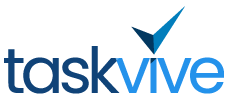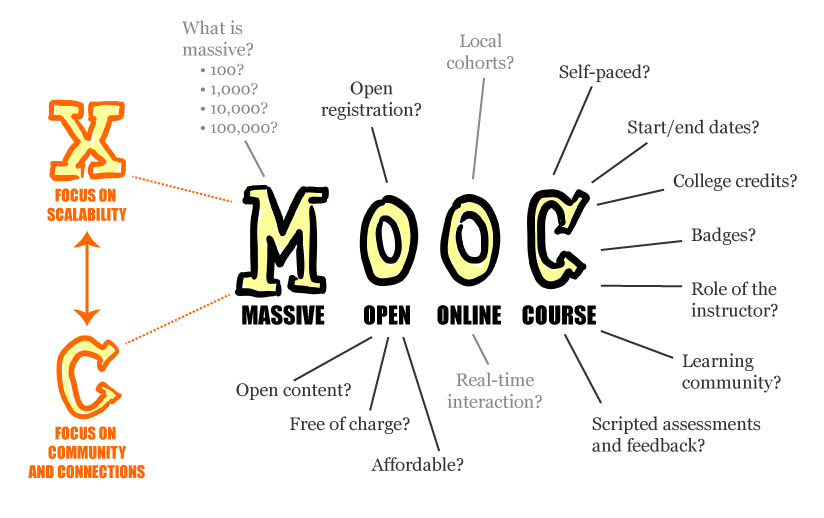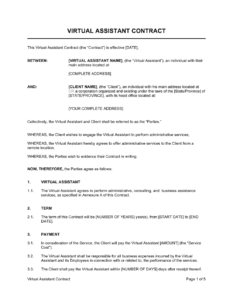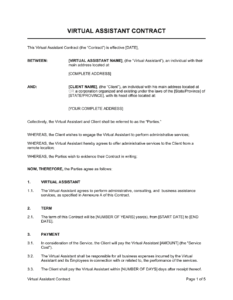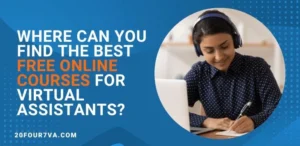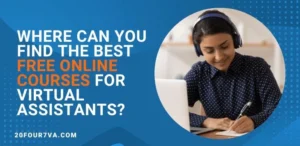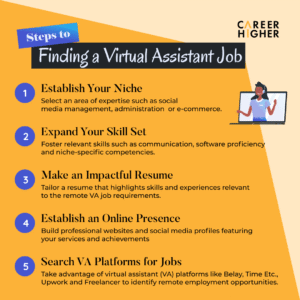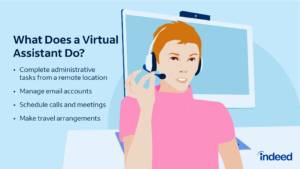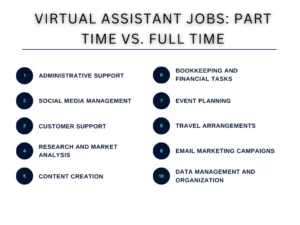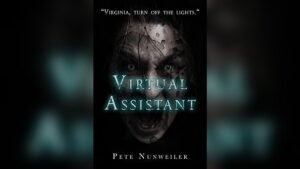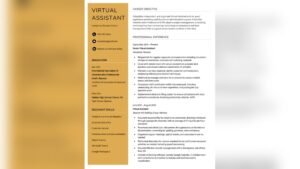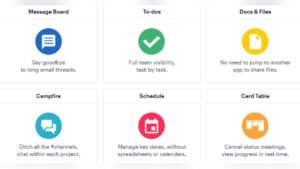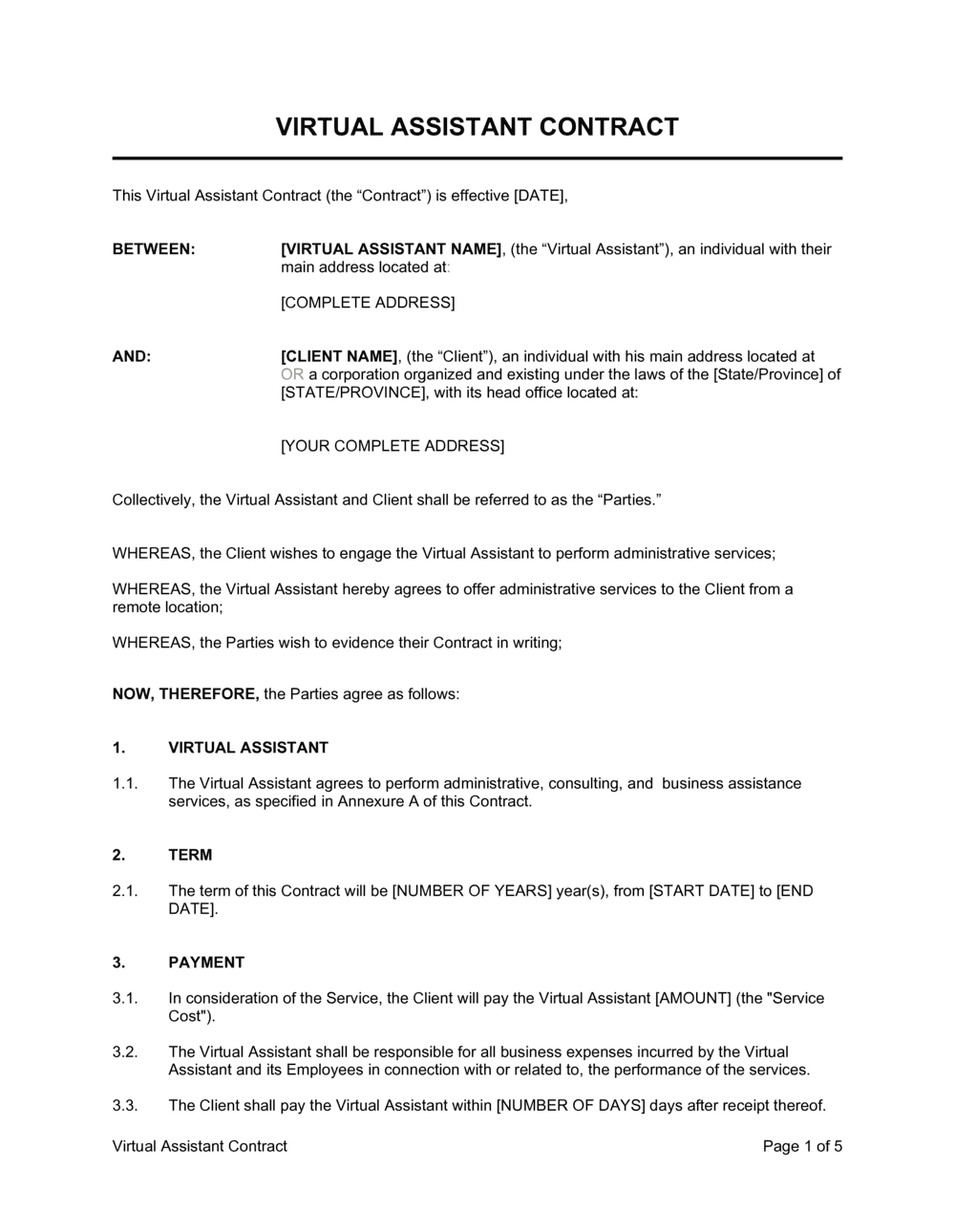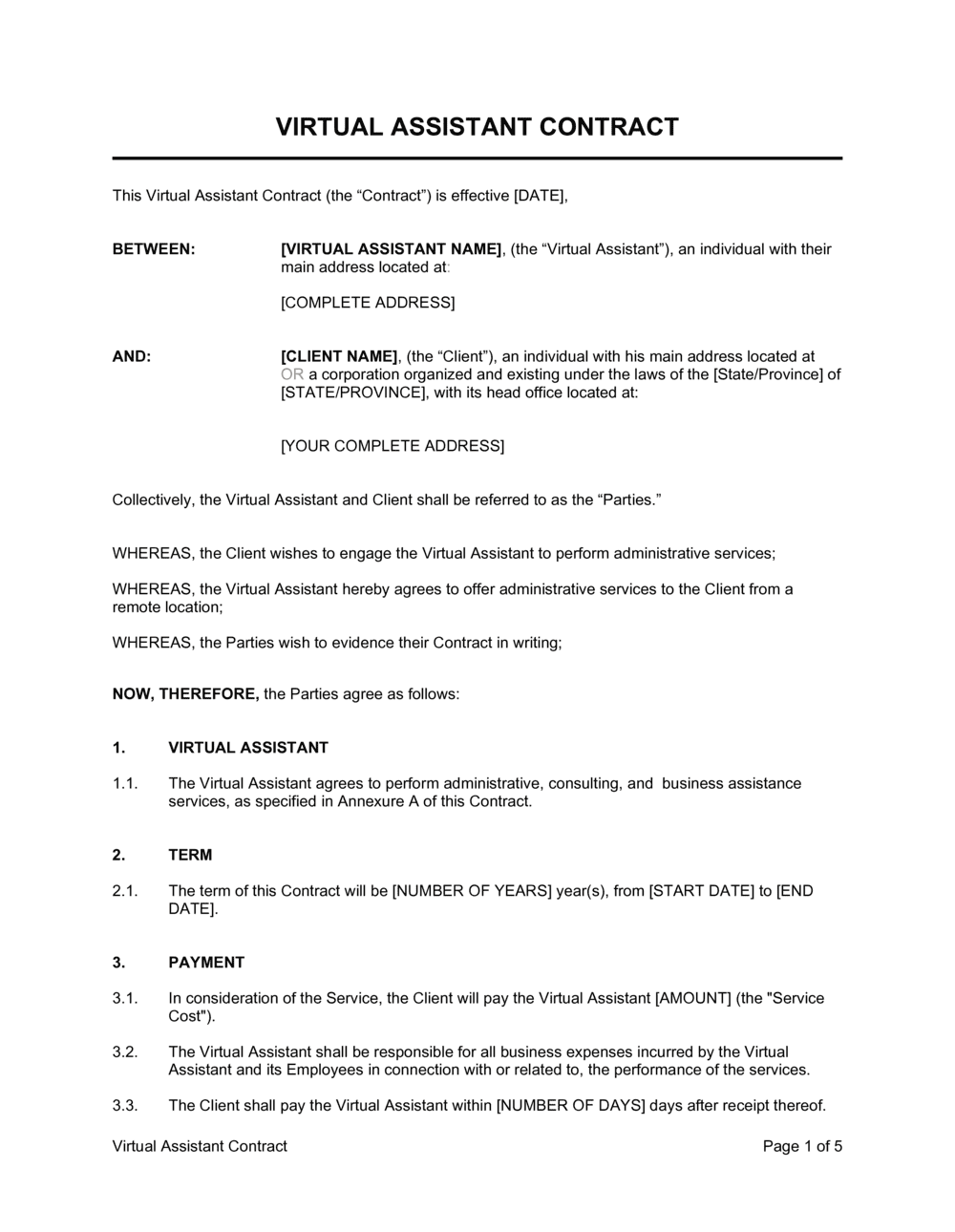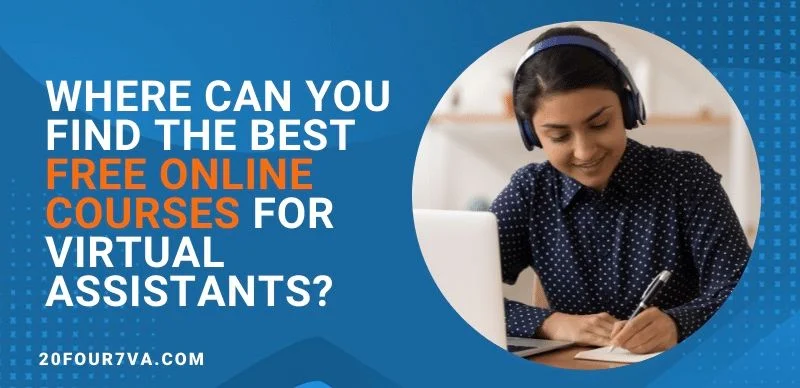MOOCs, or Massive Open Online Courses, have become a popular way to learn. They offer flexible, online education to people all over the world.
Imagine accessing top-quality courses from renowned universities without leaving your home. That’s what MOOCs offer. These online courses cover a wide range of subjects, from computer science to art history. They are usually free or low-cost, making education accessible to many.
Whether you’re looking to boost your career skills or explore new interests, MOOCs provide a convenient and affordable option. With the growing need for lifelong learning, the popularity of MOOCs continues to rise. They are changing the way we think about education, making it more inclusive and flexible. Ready to dive into the world of MOOCs? Let’s explore further.
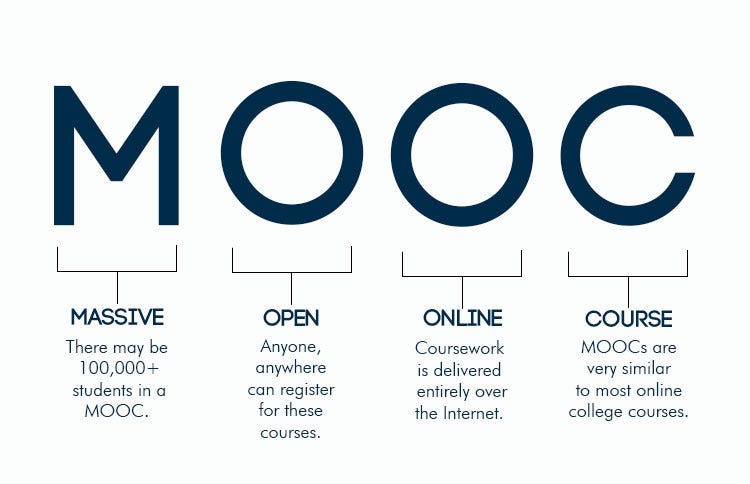
Credit: medium.com
Introduction To Moocs
Massive Open Online Courses, or MOOCs, have transformed the way people learn. They offer accessible, flexible education for everyone. Whether you’re a student or a professional, MOOCs cater to your needs. Let’s explore the world of MOOCs.
What Are Moocs?
MOOCs are online courses available to anyone with internet access. They cover a wide range of subjects. From computer science to history, there is a MOOC for almost every field. These courses are often free and created by top universities and institutions. The aim is to provide high-quality education to a global audience.
History And Evolution
MOOCs began in the early 2000s. They started as small experiments by universities. The first notable MOOC was the 2008 “Connectivism and Connective Knowledge” course. It was offered by the University of Manitoba in Canada. This course attracted thousands of students worldwide.
In 2011, MOOCs gained more popularity. Stanford University launched three courses, attracting over 100,000 students. This success led to the creation of platforms like Coursera, edX, and Udacity. These platforms made it easier for universities to offer MOOCs.
Today, millions of learners use MOOCs. They have become a vital part of lifelong learning. They enable people to gain new skills and knowledge at their own pace.
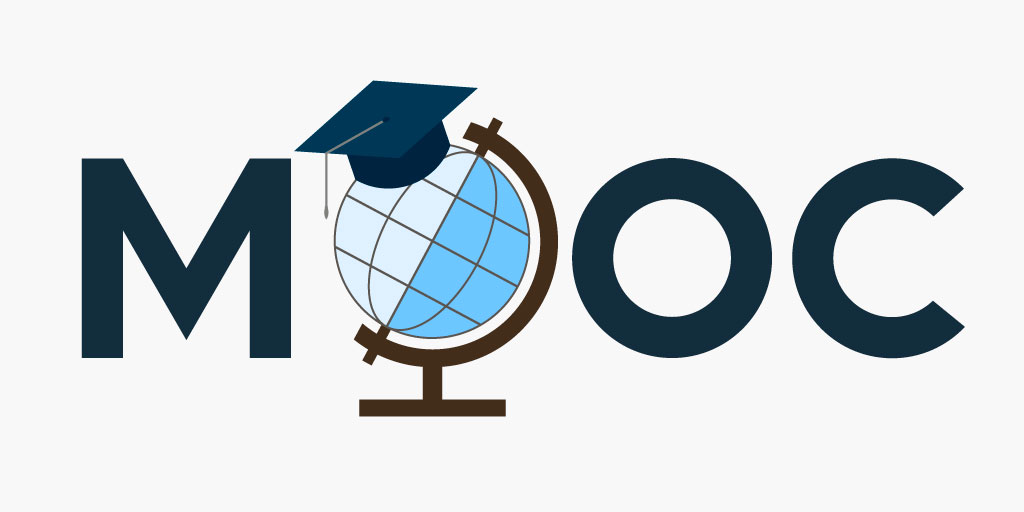
Credit: blog.mimio.com
Advantages Of Moocs
Massive Open Online Courses (MOOCs) offer several benefits that make them attractive to learners worldwide. Whether you want to upskill, change careers, or simply learn something new, MOOCs provide many advantages that traditional learning methods often lack.
Accessibility And Flexibility
MOOCs are accessible to anyone with an internet connection. This means learners from any part of the world can enroll. You can access course materials anytime, which makes it easier to fit learning into your schedule. No need to attend classes at fixed times. Study at your own pace.
Cost-effectiveness
Many MOOCs are free or cost much less than traditional courses. This makes education more affordable for many people. You can gain valuable knowledge without spending a lot of money. Some platforms also offer financial aid. This helps even more people access quality education.
Moocs And Traditional Education
MOOCs and traditional education are two distinct learning methods. MOOCs, or Massive Open Online Courses, offer flexible online learning. Traditional education involves in-person classes in schools or universities. Each has its unique advantages and challenges.
Comparison With Classroom Learning
Traditional classrooms offer face-to-face interaction. Students can ask questions directly. They also benefit from immediate feedback. Classroom learning provides a structured schedule. This helps maintain discipline and routine.
MOOCs, on the other hand, provide flexibility. Students can learn at their own pace. They can access courses from anywhere with internet. This is ideal for working professionals or those with busy schedules. MOOCs also offer a wide range of subjects. Some courses are not available in traditional settings.
Blended Learning Models
Blended learning combines MOOCs and classroom education. This model uses the best of both worlds. Students attend in-person classes and use online resources. This approach enhances learning experiences.
In blended learning, students can review online materials before class. They come prepared with questions and ideas. This makes classroom discussions more engaging. Teachers can focus on advanced topics. Online resources provide extra support for students who need it.
Blended learning models are gaining popularity. Many institutions are adopting this approach. It offers flexibility and structured learning.
Popular Mooc Platforms
Massive Open Online Courses (MOOCs) have changed education. They offer flexible learning options. Many platforms provide these courses. Let’s explore some popular MOOC platforms. These platforms offer a wide range of courses. They cater to different interests and skill levels.
Coursera
Coursera partners with top universities. They offer courses in many subjects. You can learn business, technology, and more. Coursera also provides certifications. These can boost your resume. The courses are interactive and well-structured. You can study at your own pace.
Edx
edX is another leading MOOC platform. It was founded by Harvard and MIT. edX offers courses from many top institutions. Subjects range from computer science to humanities. You can earn verified certificates. edX also supports micro-degrees. These are helpful for career advancement.
Udacity
Udacity focuses on career skills. They offer “Nanodegree” programs. These programs cover in-demand tech skills. You can learn web development, data science, and more. Udacity partners with tech companies. This ensures their courses are relevant. The platform also provides career support.
Impact On Students
Massive Open Online Courses (MOOCs) have transformed education. They offer students flexible learning opportunities. Let’s explore the impact on students in terms of global reach and skills development.
Global Reach
MOOCs provide access to education worldwide. Students from different countries can enroll in the same course. This global reach fosters cultural exchange and diversity.
Many students can’t afford traditional education. MOOCs offer a cost-effective alternative. They can study from home, saving time and money.
Here’s a simple table showing the benefits of MOOCs for global students:
| Benefit | Explanation |
|---|---|
| Accessibility | Students can access courses from anywhere with internet. |
| Affordability | Many MOOCs are free or low-cost compared to traditional education. |
| Flexibility | Students can learn at their own pace and schedule. |
Skills Development
MOOCs help students develop new skills. They offer courses in various subjects. Students can learn programming, graphic design, or even foreign languages.
These courses often include practical assignments. This hands-on approach ensures students gain real-world skills. Employers value these skills, making students more employable.
Here is a list of key skills students can develop through MOOCs:
- Technical Skills – Learn coding, data analysis, and IT skills.
- Creative Skills – Explore graphic design, music production, and writing.
- Soft Skills – Improve communication, teamwork, and problem-solving.
MOOCs also keep students updated with industry trends. Courses are often created by professionals. This ensures that the content is relevant and up-to-date.

Credit: corp.kaltura.com
Challenges And Criticisms
MOOCs, or Massive Open Online Courses, have gained immense popularity. Yet, they face several challenges and criticisms. This section discusses some of the main issues such as completion rates, and quality and credibility.
Completion Rates
One major challenge for MOOCs is their low completion rates. Many students enroll in these courses, but few finish them. Reasons for this can vary:
- Lack of motivation
- Time constraints
- Course difficulty
According to a study, the average completion rate for MOOCs is less than 13%. This raises questions about their effectiveness. It also poses a challenge for educators and institutions.
Quality And Credibility
The quality and credibility of MOOCs are often debated. Here are some common concerns:
- Course content quality
- Instructor expertise
- Accreditation issues
Not all MOOCs are created equal. Some courses are well-designed and taught by experts. Others may lack depth and clarity. This inconsistency can impact the learning experience.
Accreditation is another issue. Many MOOCs do not offer recognized certificates. This can make it hard for learners to use them for career advancement. It also affects the perceived value of these courses.
Future Of Moocs
The future of MOOCs (Massive Open Online Courses) looks promising. As technology evolves, so do the opportunities for online learning. MOOCs have grown in popularity and will continue to expand. They offer flexible and accessible education to people worldwide. Let’s explore the future of MOOCs through technological advancements and potential innovations.
Technological Advancements
Technology drives the future of MOOCs. Enhanced internet speed and connectivity allow more people to access courses. Advanced video streaming makes learning smoother and more interactive. Mobile devices play a crucial role. People can learn on-the-go, anytime and anywhere. Artificial Intelligence (AI) also impacts MOOCs. AI can personalize learning experiences and provide instant feedback to students. These advancements improve the quality and reach of online education.
Potential Innovations
Innovations will shape the future of MOOCs. One potential innovation is virtual reality (VR). VR can create immersive learning environments. Imagine exploring ancient ruins in a history course or conducting virtual lab experiments. This makes learning engaging and practical. Another innovation is blockchain technology. Blockchain ensures secure and verifiable certification. It helps in maintaining the authenticity of online credentials. Gamification is another trend. Incorporating game-like elements can make learning fun and motivating. These innovations will enhance the learning experience and keep students engaged.
Frequently Asked Questions
What Are Moocs?
MOOCs are Massive Open Online Courses available to anyone with internet access. They offer diverse topics and flexible learning.
How Do Moocs Work?
MOOCs deliver course content online through videos, readings, and quizzes. Participants can learn at their own pace.
Are Moocs Free?
Many MOOCs are free, but some require payment for certificates or advanced content. Costs vary by provider.
Can I Get A Certificate From Moocs?
Yes, many MOOCs offer certificates upon completion. Some may require a fee for the certificate.
Conclusion
MOOCs offer accessible education to anyone with an internet connection. They provide flexible learning opportunities for busy individuals. Many courses are free, making education more affordable. MOOCs cover diverse subjects, catering to different interests. They also offer a way to gain new skills or knowledge.
Enrolling in a MOOC can be a step towards personal growth. It’s a chance to learn at your own pace. Explore the world of MOOCs today and start learning something new.
Ms.Sultana brings over 16 years of expertise working with global Clients by providing different skills and Services. For the last 5 years working as an Affiliate marketer, specializing in high-ticket campaigns that drive exponential growth. She holds a degree in Computer Science and Engineering as well as achieved many more skills certificates from different institute/academies/Platform. As part of the Elite Global Marketing team, Sultana has helped clients generate millions in revenue through strategic partnerships, innovative funnels, and data-driven insights.
